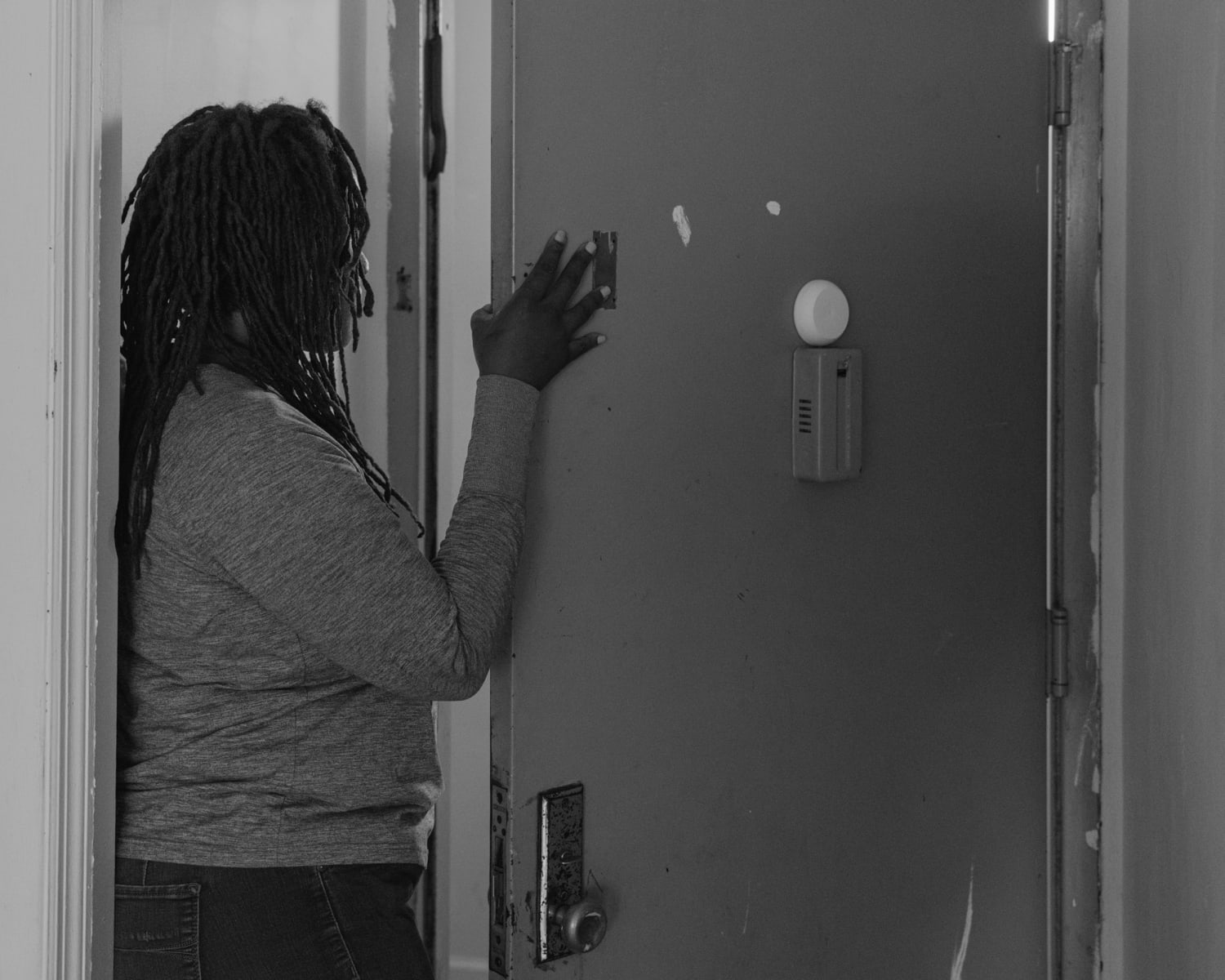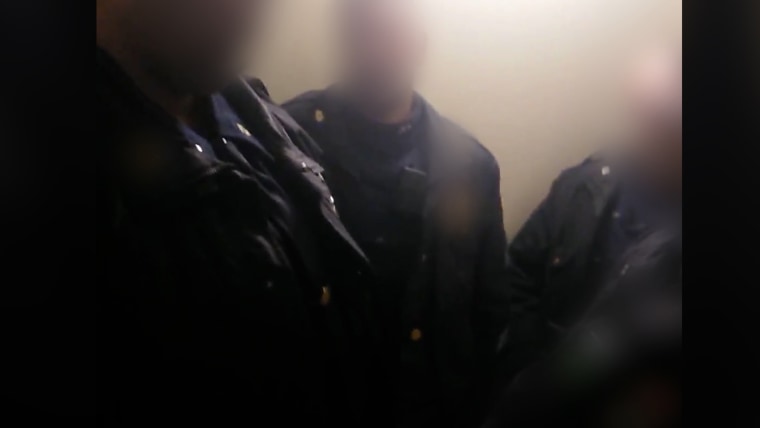Many former caseworkers said they were most upset by having to routinely conduct searches of children’s bodies, down to their underwear. (More than two dozen caseworkers, parents, children and attorneys said the practice is part of every or nearly every initial home visit by the agency, regardless of whether there is any allegation of physical or sexual abuse.)
In response to this ProPublica and NBC News finding, an ACS spokesperson said the agency will send a reminder to its child protective specialists that body checks are not required as part of every visit and should be decided on a case-by-case basis with supervisory guidance. Photos should also be taken in as sensitive a manner as possible.
“For the child, it’s about bodily integrity,” said Allison Green, legal director for the National Association of Counsel for Children, a legal advocacy organization, pointing out that it is kids who sometimes experience the most invasive parts of these searches.
She added that the searches may include intrusive inspections of children’s rooms, which many see as “their castles.”
‘Our lives were destroyed’
Around 4:30 that February morning, Ferguson, terrified, went to the door. She opened it a crack, revealing a hallway full of ACS agents and police officers, standing shoulder to shoulder.
In cellphone video she took of what happened next, one officer claimed that ACS now had a court order to remove her sons. She asked to see it; he did not respond. (A review of case records and court documents shows that no removal order had been issued by a judge at any point. When Ferguson stated this in her lawsuit, the city denied it.)
The video then shows another officer sticking his foot into the doorway and grabbing the phone out of her hand.
ACS and the police eventually convinced Ferguson to let them inside to take her children — by threatening her with arrest, according to video she took after she got her phone back. This scared her, she said, because she would be no help to her kids from jail.
The agency didn’t justify its actions until afterward, claiming that her refusal to cooperate suggested that the boys, who were 8 and 5, may have been in imminent danger, according to a case report. Her anger also suggested a mental health problem, ACS said, according to court documents.
Ferguson descended into a panic, missing work to go to court that morning to try to figure out where her children were being held.
Days later, when she finally got to visit her sons at a foster agency, they told her that they were being punched and shoved by their foster parent, she said. That allegation later was corroborated by ACS, according to a case report.
“Our lives were destroyed,” Ferguson said.
And she still didn’t know when she would have her children home again.
‘You have the right to …’
In recent years, parent advocates in New York — as well as Texas and other places — have pushed to require that caseworkers read people their rights like police do.
Proponents say that borrowing the Miranda concept from the police would make it clearer that child welfare workers are playing a similar role.
The proposed practice would differ from Miranda warnings in part because child welfare cases are civil, not criminal, proceedings. Therefore, evidence obtained without properly “Mirandizing” a family would likely continue to be allowed in family court, experts said.
Still, it would at least ensure that social workers know the constitutional rules, so that they can be held liable later through lawsuits or other penalties for crossing those lines, advocates said.
They also pointed out that the right to deny entry already exists, so not verbalizing it is just a way of exploiting educational inequality and lack of access to legal counsel to get inside less-privileged households.
In a 2020 memorandum opposing the idea, the city of New York argued that a formal legal warning to parents would unnecessarily escalate cases that could otherwise be closed or addressed with services. It noted that “two-thirds of ACS investigations are unfounded, and only about 1 in 10 currently ever go to court.”
The memo also said the practice would potentially make the relationship between social workers and parents more adversarial and “spark unwarranted fears.”
But four recent New York City Family Court judges said in interviews that they support the movement for a Miranda-style warning, in part because ACS too expansively defines its authority to engage in searches and seizures and too rarely seeks court approval for such actions.
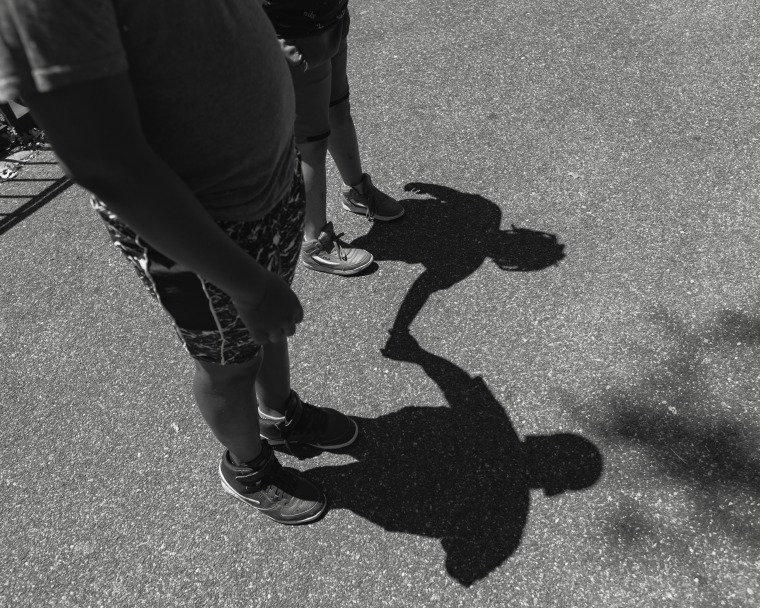
Ann O’Shea, a Family Court judge in Brooklyn from 2005 to 2019, said that most parents who have had an ACS caseworker show up at their door will say that it’s already an adversarial situation, with or without rights being read. “They are telling you you’re a bad parent,” she said. “You can lose your child, and that is monumental.”
In neighboring Connecticut, one of the nation’s only experiments with this kind of active statement of rights in child welfare cases has been going on for the past decade.
Michael Williams, deputy commissioner of operations for the Connecticut Department of Children and Families, said in an interview that the written reports of his staff show they are getting more information from families than they did prior to implementation of the policy. The greater transparency, he said, has brought down the anxiety of the interaction.
“We are not experiencing what New York is stating,” Williams said, adding that there has been no negative impact on child safety.
It is relatively rare for affluent families to experience any of this, according to dozens of caseworkers, judges and lawyers around the country. Such parents are more likely to have a lawyer and to immediately refuse entry, and workers are more likely to then seek a warrant or choose not to search the home, experts said.
Diana Rugh Johnson, a child welfare attorney in Georgia, said that well-off parents often hire her immediately upon finding out they are being investigated, a time when low-income parents typically go without legal counsel. She tells them to politely decline any home inspection until she can be present. “Affluent families are very used to a high level of privacy,” she said, emphasizing that this differential treatment by the system is not fair.
She added, “I’ve never had one of these result in the removal of a child.”
‘You would think there’d be some accountability’
A month after Ferguson’s children were taken from her, she finally got a ruling from a court. A judge found that the boys were not in danger with her, ordering them returned home. The decision also said she should go to therapy and anger management and make her home available to ACS for inspections going forward.
The case later was permanently dismissed, with the judge finding that Ferguson’s hostility toward letting the agency into her private life was not itself evidence of a mental health issue or of child neglect as defined under New York law, according to court documents.
“I just have protecting-my-kids syndrome,” Ferguson said, adding, “In a place like New York City, you would think there’d be some accountability.”
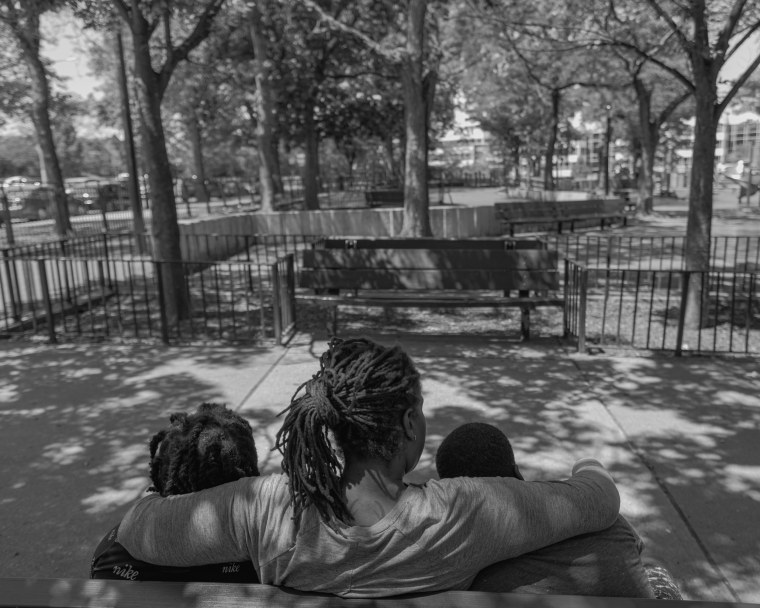
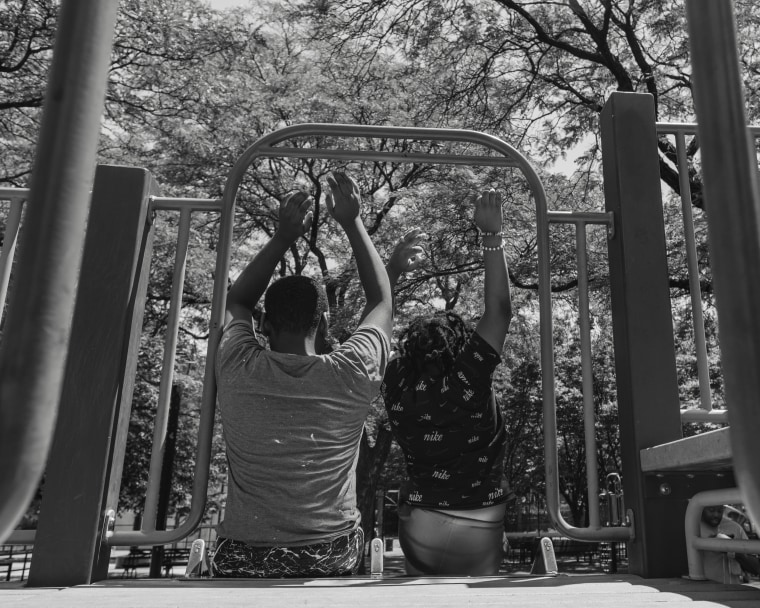
That’s why she brought the federal lawsuit against the city, as well as the ACS agents and NYPD officers involved in the seizure of her children, alleging in part that her “refusal to allow government agents to search her home” did not constitute probable cause to remove children from a mother’s care.
The city responded in its court filing that throughout the case, the two agencies’ employees “acted reasonably, lawfully, properly, constitutionally, without malice, and in good faith.” The individual ACS agents and police, the filing also argued, are shielded from liability under the doctrine of qualified immunity, which says that government officials cannot be held personally responsible for violations of constitutional rights that are not clearly established.
An ACS spokesperson added that the agency could not comment on an individual case, due to confidentiality laws.
An NYPD spokesperson said the department provides assistance when requested by its partner agencies, including ACS. Officers may be present as ACS performs its duties, the spokesperson said, in order to ensure the safety of all parties. The department declined to comment on pending litigation.
ProPublica and NBC News attempted to reach all 12 ACS employees listed in Ferguson’s lawsuit and left messages for most of them, but none responded. Reporters were not able to reach the four NYPD officers named in the complaint.
Ferguson said she still can’t figure out how to talk to her sons about that time when the strangers came in the middle of the night to take them away — all because she’d tried to guard them and their home. “This shouldn’t be in their memory, and it kills me that I can’t take it out,” she said.
At least her boys will always know, she said, that “when it comes to their rights, their mom doesn’t play.”
Source: | This article originally belongs to Nbcnews.com


